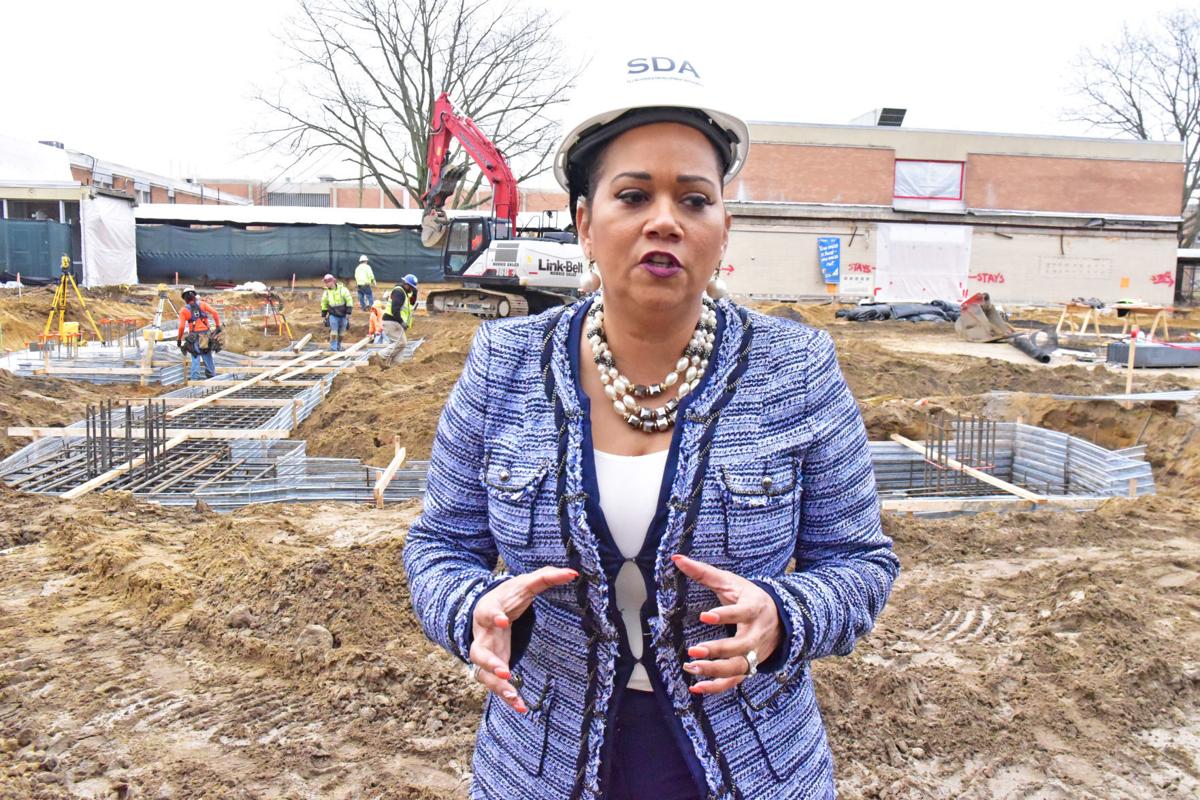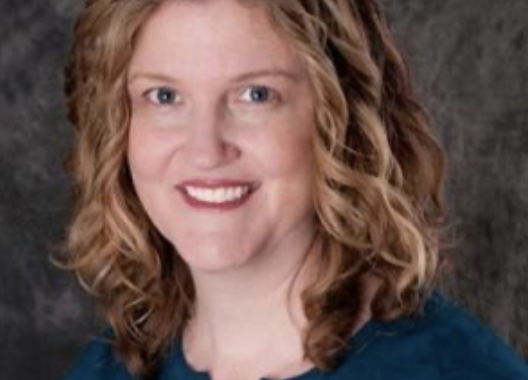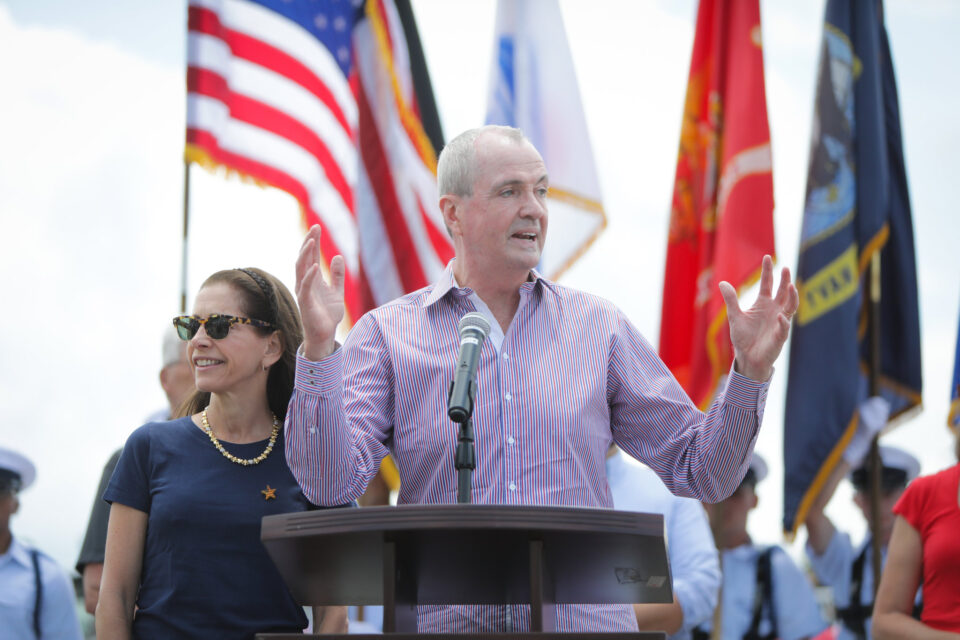
NJ School-Building Agency Continues To Shell Out Taxpayer Money As Scandals Multiply
May 4, 2022
What Our Teachers Deserve: How To Keep New Jersey Teachers In Their Profession
May 6, 2022MCKENNA: Reclaiming Our Kids’ Mental Health, Or, Strange Times Call for Strange Parenting
Laura McKenna is an education writer based in New Jersey. You can find her at www.lauramckenna.com. This was originally published at Laura McKenna’s Newsletter, Apt. 11D.
The mental health of teens and young adults is in the toilet.
A viral article in last week’s New York Times reported massive increases in teens having a major depressive episode in the past ten years. Young people are being rushed to the emergency room in record numbers, for anxiety, mood disorders, and self-harm. The suicide rates have leaped by 60 percent.
While the pandemic certainly made the situation worse, these problems had pre-pandemic origins. Stress and depression are equal opportunity evils, striking down kids across the country regardless of income, race, or location.
The toxic teenage environment has been on my radar, since my oldest son and his cohort became teens. On my personal blog, I dashed out dozens of posts on the topic. In the course of writing articles about schools, like one on online grade books for The Atlantic and one about the particular struggles of boys for Edutopia, experts told me horror stories.
Chatting about this topic with my husband the historian this morning, he questioned whether any of this is new. In the past, Steve said, people were stressed about different things, like famine, pogroms, childbirth, and invasions. Once the industrial revolution happened, stress continued in a different form. Philosophers, like Durkheim, wrote about anomie, a feeling of futility that caused people to commit suicide. Thoreau sat in a cabin and wrote about simplicity.
Yet, the numbers don’t lie. Suicide attempts are sky-high. Something is definitely rotten in modern life. The trouble is that the experts can’t agree about the source of the problem. Should we blame social media? collapse of the family? weakening of connections? And if we don’t agree on the source of the problem, we can’t agree on a useful solution.
So, what should parents do, if their kids are totally unhappy? Drugs and therapy work, so they should be the first line of defense against severe issues. And while the drugs and the therapy are kicking in, then families need to reclaim their lives from the pressures of school and the burden of finding careers and jobs in the modern workplace.
There’s no doubt that schools are an enormous place of stress for kids. Reformers are proposing a variety of ways to make school-life less hostile to mental health. The best solutions, as always, cost money. Every school should have an in-house therapist, who knows the students’ names and provides regular meetings with vulnerable kids, but that solution is highly unlikely to happen, except in the wealthiest communities. Low-cost solutions, like pushing back the school day for an hour, seem pointless.
In one of my first newsletters back in December 2019, I wrote about our efforts to counter school pressure by deemphasizing excellence and by having fun as a family:
So, we pushed back. Not entirely. Our oldest got decent grades and was in a varsity sport, but we resisted school demands enough to be subtly subversive. We decided that it was more important than our kids were sane and happy, rather then they win a perfect SAT score. We tried to not let schools drive our family life. Because schools should be a side dish, not the main course of a family.
Every family should have their own things that make them happy, that define them, that bind each other together. We like art museums and hikes, but for other families, it might mean Mets games or fishing trips or baking. I’m agnostic about those family definitions, as long as it’s not school. We can’t abdicate the joy and the creativity of raising a family to a government bureaucracy that won’t remember your kid’s name next year.
Young people are also worried about the shifting modern workforce.
My oldest son is finishing off his last courses at college with a solid degree from a well-regarded college, but doesn’t have a clear career path ahead of him. He’ll figure it out quickly in two weeks, after his finals, but that uncertainty is keeping him up at night. That’s not unusual. Lots of students from his school actually return to a community college to get skills to find employment. And what happens to kids, who aren’t lucky enough to attend their state’s flagship state college? What career options are available to students, who can’t finish college after six years?
Meanwhile, there are good jobs out there. According to LinkedIn, there are currently 438,000 job openings in this country for people with computer skills, for example. Computer science should be a mandatory class for all students, starting in Kindergarten. Community colleges should get massive infusion of resources to help everyone have a job with a livable salary. Informing young people about the opportunities and providing them with the right training should be a national priority.
We’ve tried to lessen career stresses on our oldest son by not freaking out about internships or resumes. One summer, Jonah did a really boring remote internship with our Congressman, and then returned to waiting tables at fancy Italian restaurant in town. He liked earning money, and he liked having a complete break from school work. I’m not convinced that resume-building tasks, while the kids are dealing with first relationships and finals, are worth the hassle.
Due to these unusual times, parents have to be more involved in their teens’ lives in ways that we never expected. Parents have to talk with their kids and identify the particular stresses – school? friends? work? social media? – and then provide alternatives and solutions. It involves modeling good mental health behavior —everyone should be getting outside and eating communal meals — and having open lines of communication. We have to restructure our own lives and priorities to get the kids back on track and detoxify their worlds. We need to advocate for political solutions to these problems, like better job training programs.
Perhaps, in the process of helping our kids, we help ourselves, too




